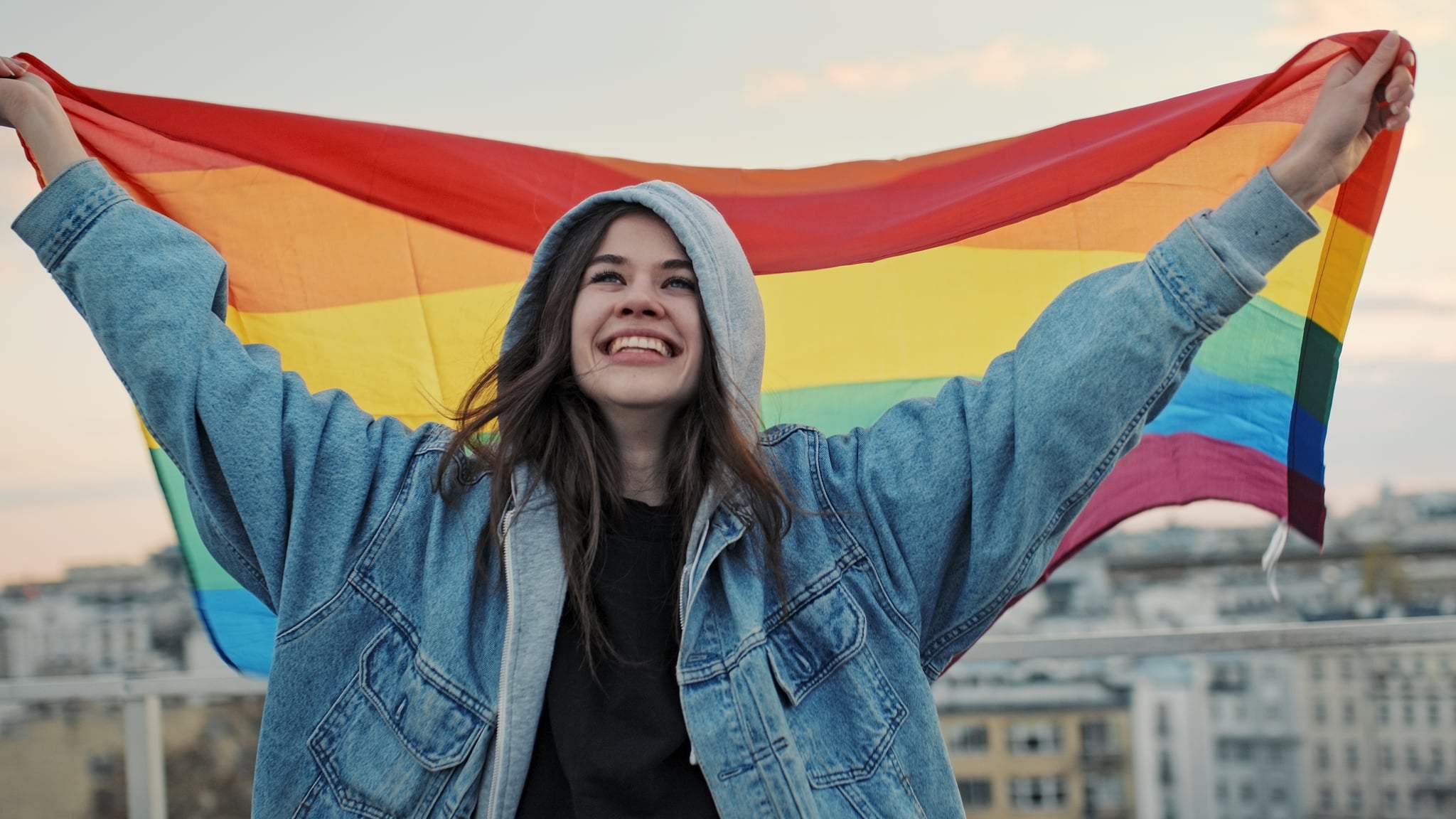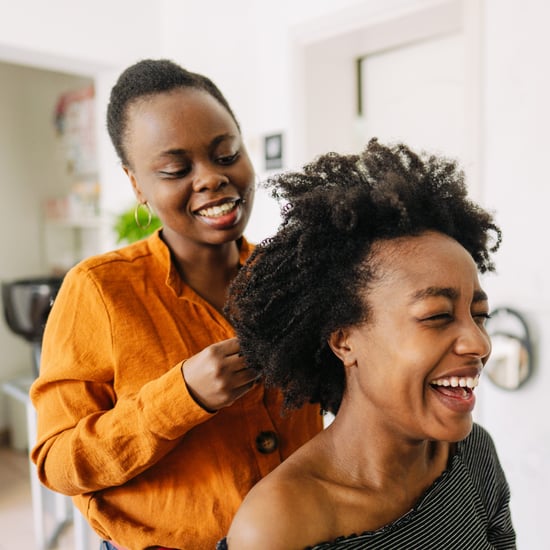How I Accepted Being Queer in a Religious Family
How I Came to Terms With Being Queer After a Religious Upbringing

In the LGBTQ+ community, coming out is often a critical part of both understanding and accepting one's sexuality. For some lucky folks, it can be a simple and even beautiful process. Those cases tend to result from having an open-minded, unconditionally accepting group of loved ones. For others, not so much. Whether they were raised in a strictly conservative household or a religious environment, many members of the LGBTQ+ community struggle both with coming out and feeling accepted for who they are. While my personal experience with coming out as queer was more unconventional, I resonate heavily with the latter circumstance.
Growing up, my family was always heavily involved in the church. I can't remember a time when I missed a church service, youth group, or Bible study. When it came to forming my own opinions, my beliefs were aligned with my parents' views. When I turned 18 and voted in my first election, my dad filled out a sample ballot for me to take to the polls and copy down exactly. To the outside world, I was the perfect image of an obedient Christian daughter. Internally, though, I was experiencing a lot of turmoil about who I truly was.
Deep down, I think I always questioned my sexuality. Although I repressed it, I was curious about what a romantic, and even sexual, connection with another woman would look like for me. I found myself in a serious inner battle between my faith and my sexual identity. I even had a hard time thinking of it as a "sexual" identity because any physical contact with the opposite sex outside of family was strictly forbidden. Every time I entertained the thought of being remotely attracted to another woman, I immediately shamed myself and felt horrible guilt for being a filthy sinner. As far as I knew, I would go straight to hell if I ever tried to date or be intimate with a woman.
Being raised in a religious and conservative household doesn't allow for the kind of exploration and self-reflection that LGBTQ+ youth need.
I cannot explain the pressure and fear this all instilled in me. In fact, my parents were so against any of their children being gay that when I told them about the self-harm and suicidal thoughts I had been dealing with in college, they replied, "That's it? Oh, thank GOD! We thought you were going to say you were gay." No matter what, I know that moment will be burned in my memory forever. From then on, I knew I could never talk to them about my sexuality.
Being raised in a religious and conservative household doesn't allow for the kind of exploration and self-reflection that LGBTQ+ youth need. While I was allowed to be creative and unique in my involvement in music, theatre, and fashion, I was never allowed to stray from my identity as a "child of god." My faith had to come before it all, and it caused me to lose out on great opportunities and relationships with others.
In my theatre classes and rehearsals, I was close with a lot of other students who weren't religious. I vividly remember walking out of musical theatre class with a gay friend who was excited about a cute guy who messaged him on Facebook. I immediately went silent in judgement, and he quietly said, "I can feel your Jesus senses tingling."
Looking back on moments like that now, I feel awful. I could have supported a wonderful person in his excitement, but instead, I projected my guilt and shame onto him. If I had the chance to speak to him as a queer woman now, I would tell him I am so sorry for who I was then and that he is perfect and valid and worthy just the way he is.
Having that unconditional love in my life, the kind that I wasn't raised with, was what truly helped me discover and learn to love who I am.
In October 2019, at 26 years old, I came out as queer after posting a picture of myself at my local Pride event. I simply made an Instagram post of myself with the caption, "The future is queer, and so am I!" No confetti, but also no vitriol from family. I was surrounded by my chosen family of loving friends who accept me for all that I am, no matter what. Having that unconditional love in my life, the kind that I wasn't raised with, was what truly helped me discover and learn to love who I am.
Reconciling my upbringing with my queerness took a considerable amount of time. It isn't easy for everyone, especially when they're raised in the kind of suppressive environment that I was. I'm lucky that my involvement in the arts has exposed me to diversity and a lot of different lifestyles — particularly during my college years. My eyes were opened to the beauty of the fact that people can be so different, and I became an incredibly accepting and open-minded person.
I'm no longer religious. I believe that every person deserves a life of dignity, equity, and well-being, no matter what my family's beliefs may be. Sometimes I wish I could go back and hug teenage Lexi. I wish I could tell her that it's more than OK to be who she is and that one day she'll learn to love herself enough to be strong, free, and proud.






